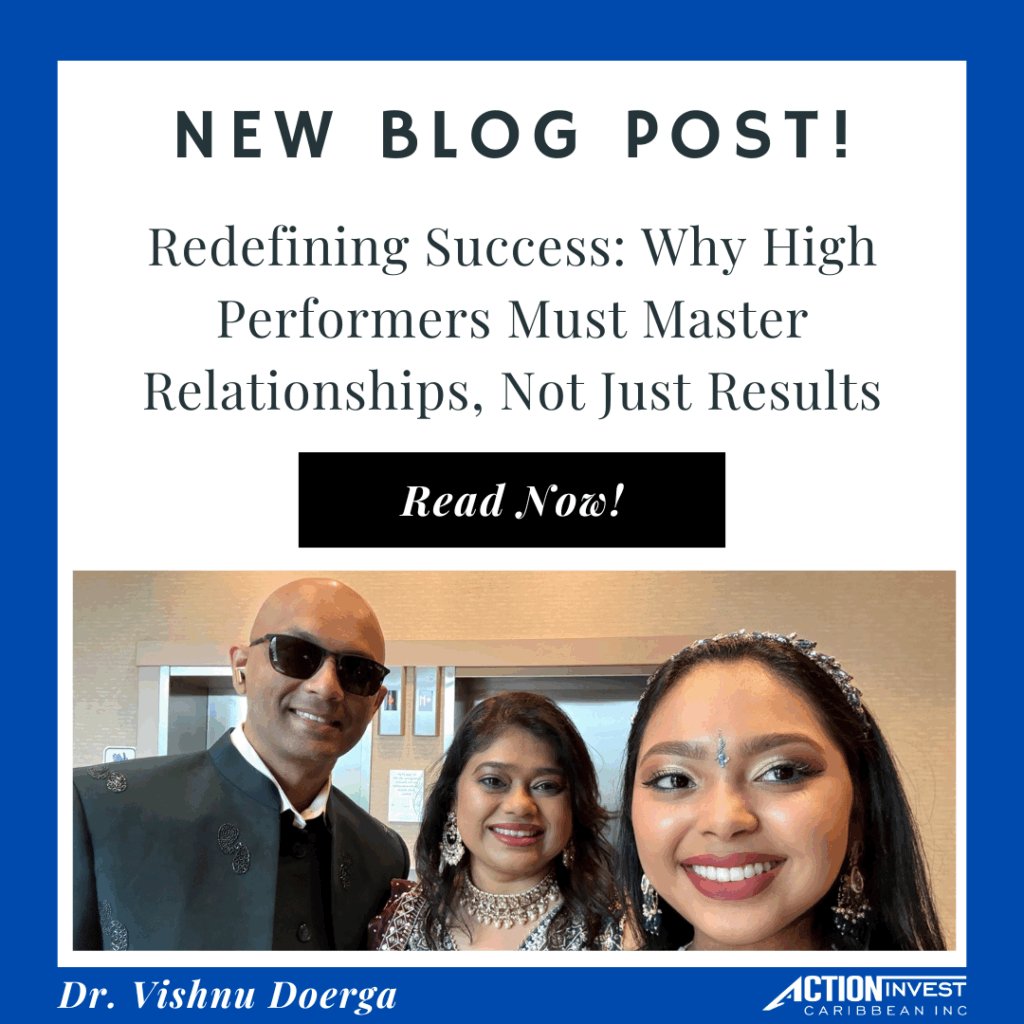In our 20s and 30s, many driven professionals focus intensely on career building. We put in the hours, chase stability, and pursue growth relentlessly. That’s admirable and often necessary. Let’s not fool ourselves: while we accumulate success, we sometimes leave something even more valuable behind.
Time.
Time with our families. With our friends. With ourselves.
As I’ve worked with high performers over the years, I’ve seen a clear pattern. We’re taught early that discipline and determination win. So we give everything to our goals, assuming relationships can wait. We miss dinners. We skip reunions. We assume understanding from loved ones, and often, we get it. Understanding doesn’t replace connection.
Average performers may leave the office at 5PM. They might catch their child’s game, have coffee with an old friend, or take a call from their sibling. The ultra high performer? We’re still at the desk, telling ourselves we’ll make it up later.
Later doesn’t always come.
The Midlife Realization
By our 40s or 50s, we finally come up for air. Business is stable. The numbers look good. Who do we call to celebrate?
This is where I’ve seen many leaders face what I call the “achievement paradox.” You’ve accomplished more than most dream of. Yet it doesn’t feel like you thought it would. The office is still full, however the life around it is quiet.
You might start noticing the missed birthdays. The faded friendships. The children who grew up too fast. The relationships we thought could wait, now harder to revive.
This isn’t weakness—it’s wisdom knocking.
Research backs this up. Harvard’s 80-year study on adult development found that strong relationships, more than wealth or fame, are what lead to long-term happiness and health. Those most satisfied in their relationships at 50 were the healthiest at 80.
No amount of achievement makes up for a lonely room.
Rebuilding, Reconnecting, Rebalancing
Now, here’s the good news. Just as you built your career strategically, you can rebuild your relationships intentionally. You’re not starting from scratch, you’re starting from awareness.
Here’s how you can begin:
1. Reach out.
Call the friend you haven’t spoken to in years. Message the family member you drifted from. Don’t wait for the “perfect time.” You’ll be surprised how ready most people are to reconnect.
2. Nurture what’s still present.
Prioritize weekly dinners, monthly check-ins, or annual trips. Block time in your calendar before meetings and strategy sessions. If people matter to you, they deserve space in your schedule.
3. Heal what hurts.
If there are unresolved family issues or past pains, consider addressing them. As business leaders, we solve complex problems every day. Bring that same courage to your personal life. Seek reconciliation. Seek peace.
4. Learn emotional skills.
Yes, skills. Listening, empathy, vulnerability; these are all learnable. For many high performers, this becomes a new kind of superpower. When we master relationships, we unlock deeper fulfillment than titles ever offered.
5. Set real boundaries.
Guard your time. Build in breaks. Protect evenings and weekends. Not because you’re slowing down, because you’re building a full life—not just a busy one.
A New Definition of Success
True success isn’t just about money or influence. It’s about being able to enjoy the fruits of your labour—with people you love and who love you back.
Imagine celebrating your next big win not alone, but surrounded by those who cheered you on. Imagine your children seeing you not just as successful, but present. Imagine friendships so deep, they outlast your career.
This is what it means to live well.
As we age, we naturally shift from accumulating to appreciating. This is called socioemotional selectivity—we stop chasing crowds and start cherishing the core. That’s not weakness. That’s maturity.
Don’t Wait
If you’re reading this and realizing you’ve let some relationships slide, take this as your moment. Don’t wait until retirement. Don’t wait until it’s too late. Make the call. Plan the visit. Start the conversation.
You’ve built empires. Now build connection.
Because at the end of life, no one wishes they invested more time at the office. Many wish they invested more time with their people.
A life of impact is not just about results—it’s about relationships. Invest in both. That is the true legacy of a high performer.
Start today. Your future self and those who love you will thank you.
